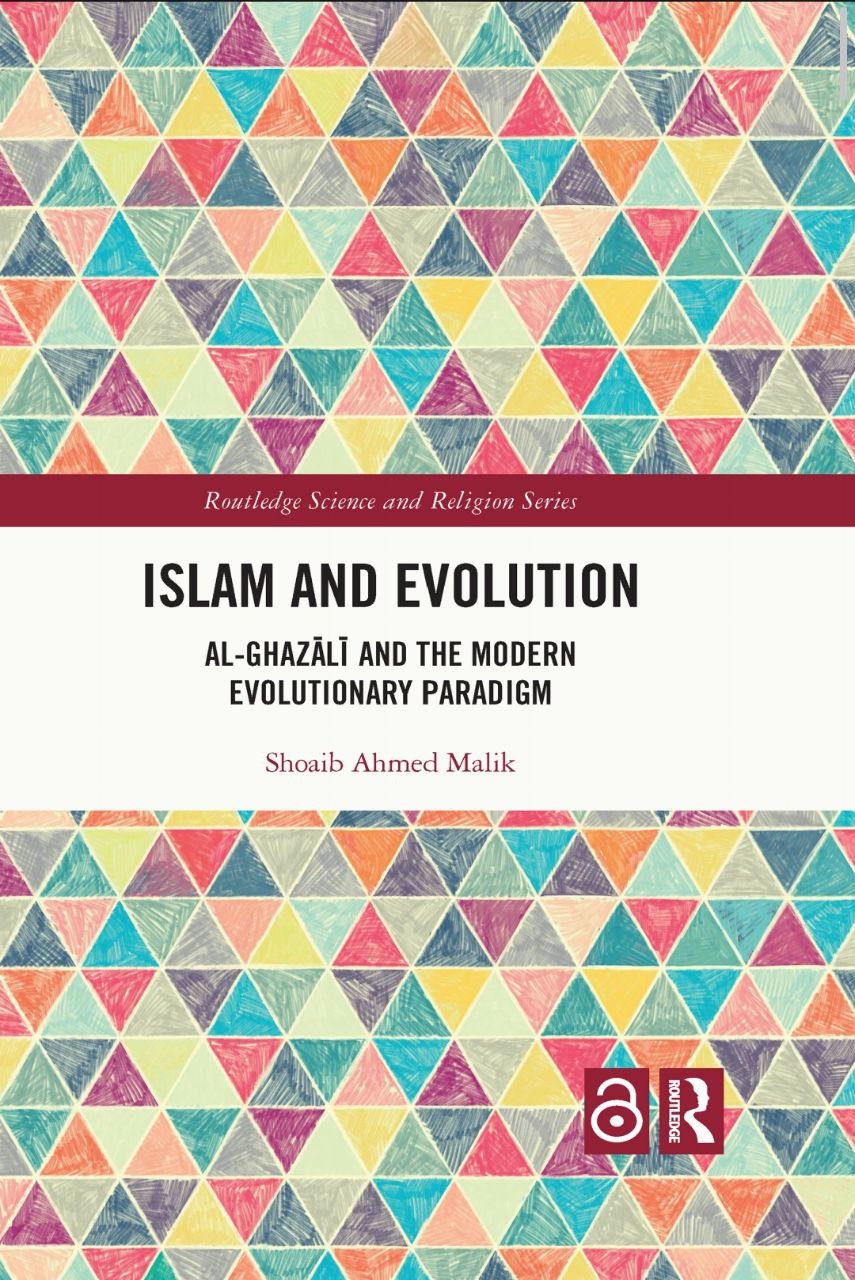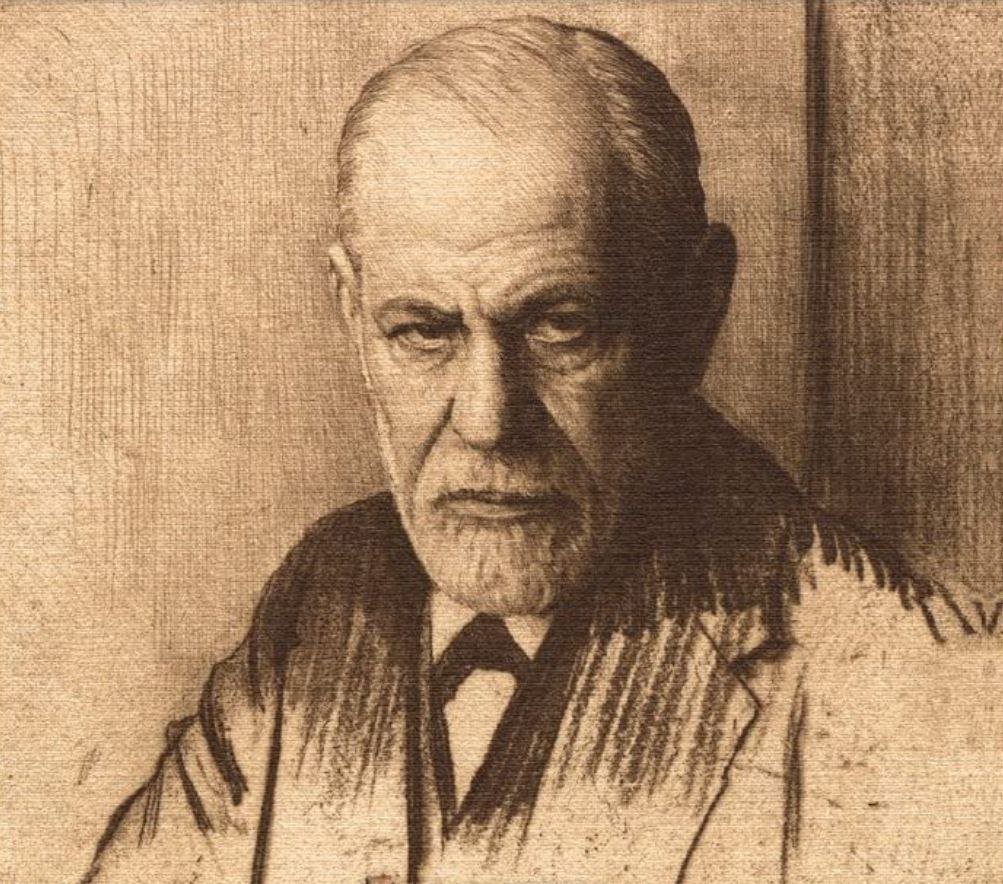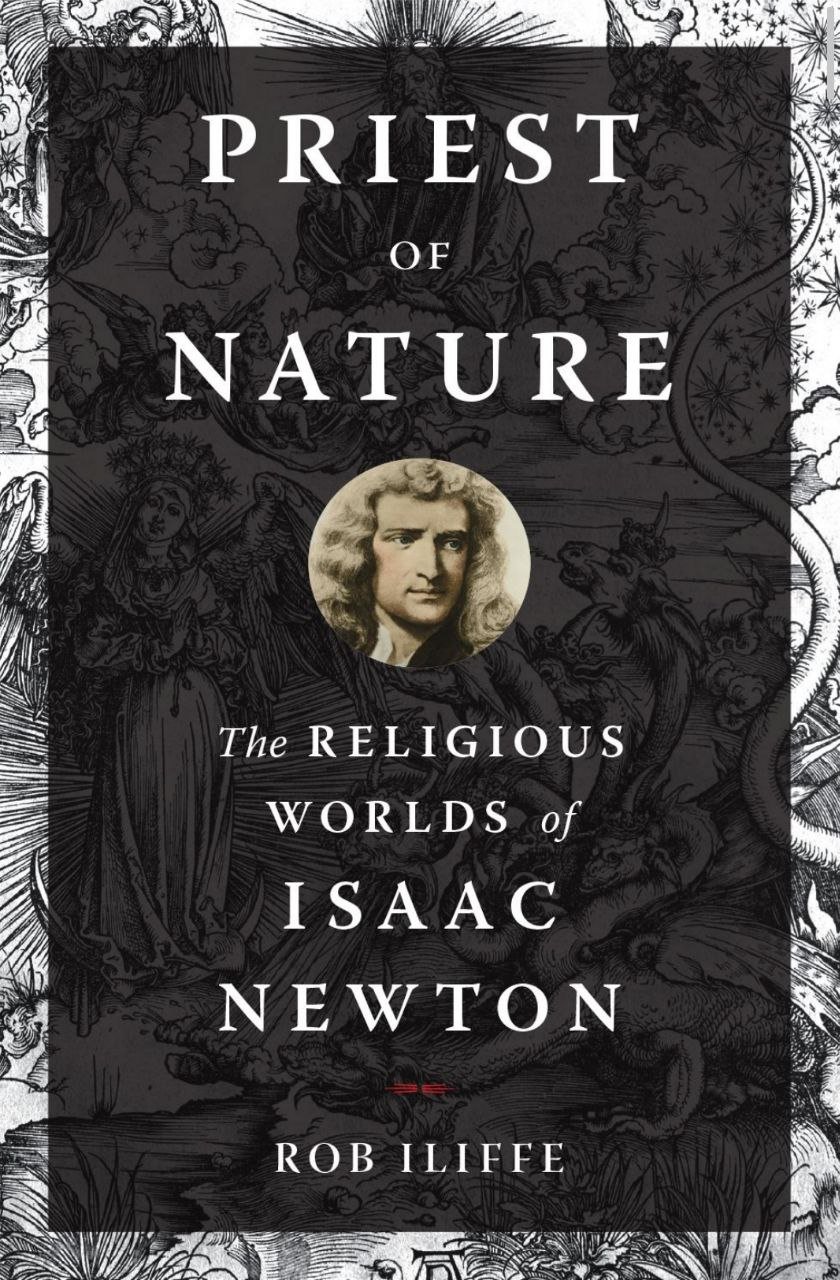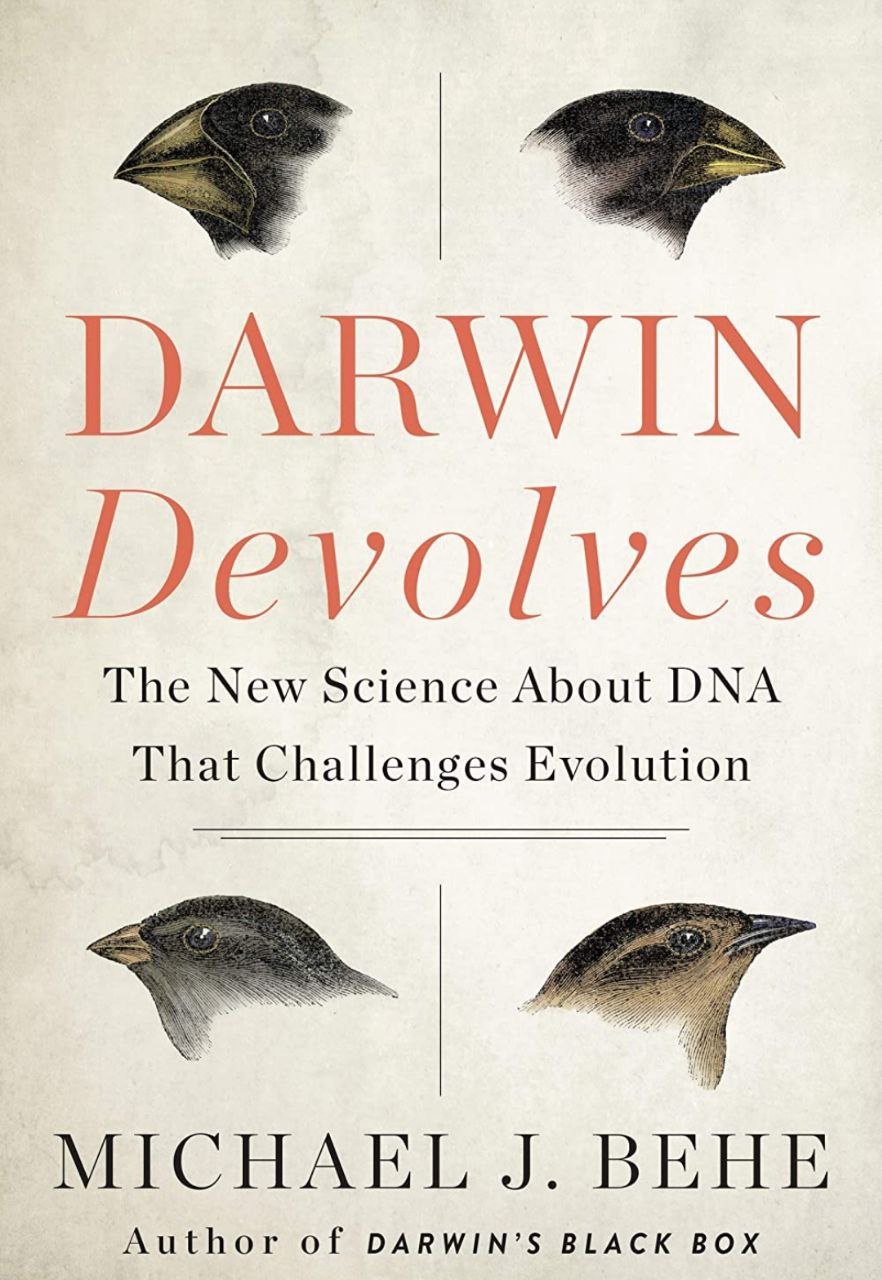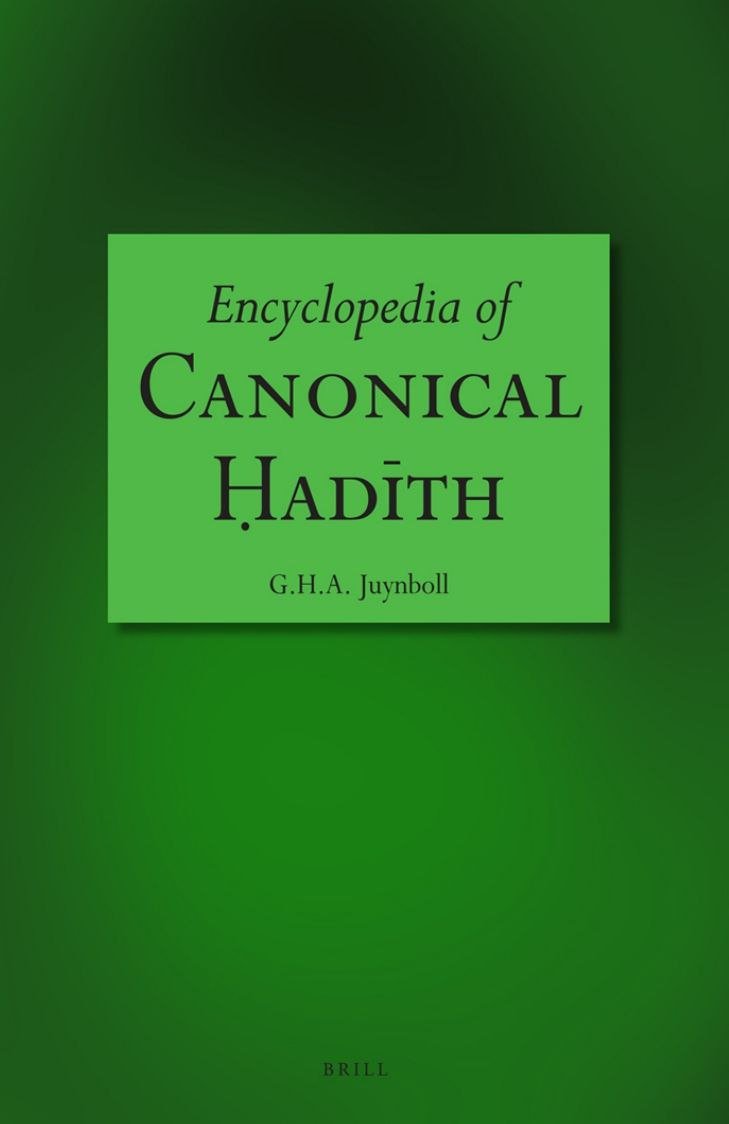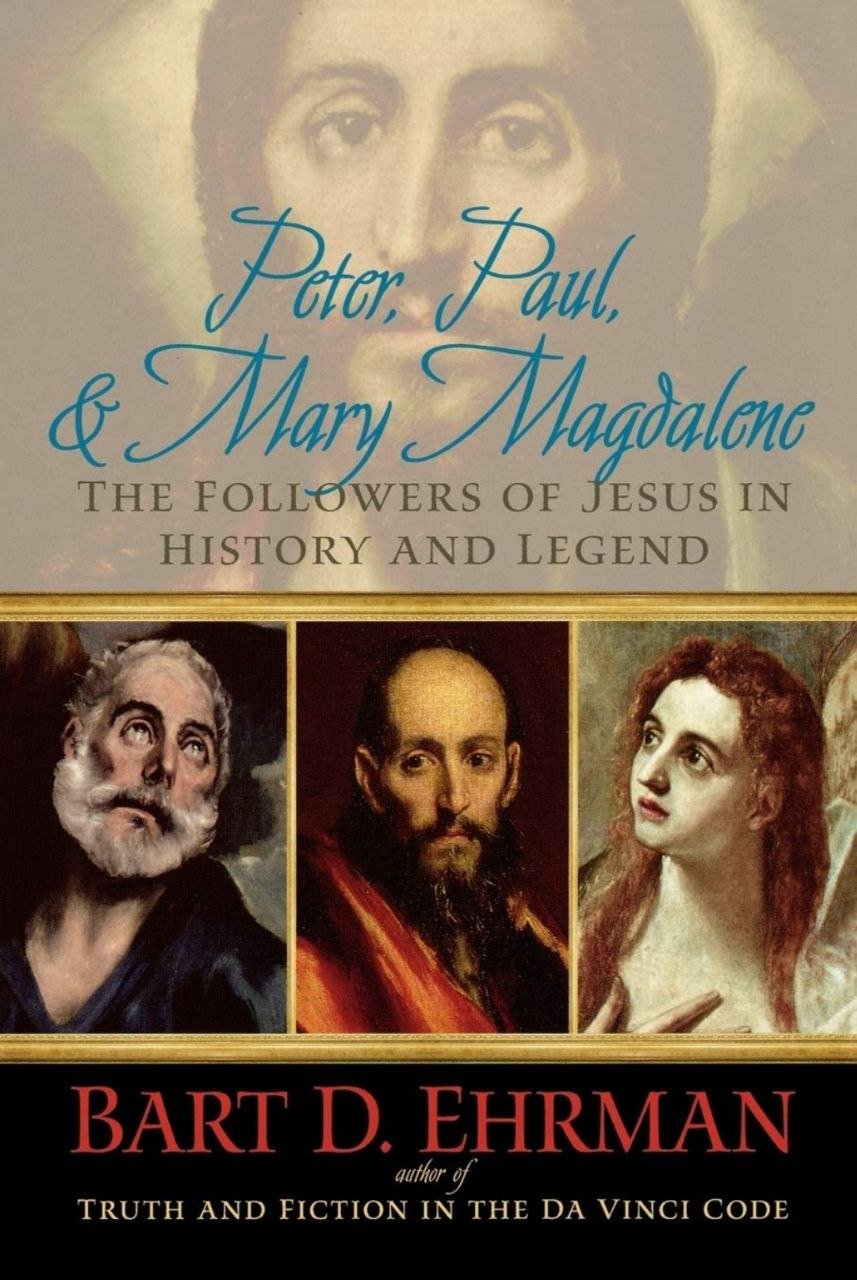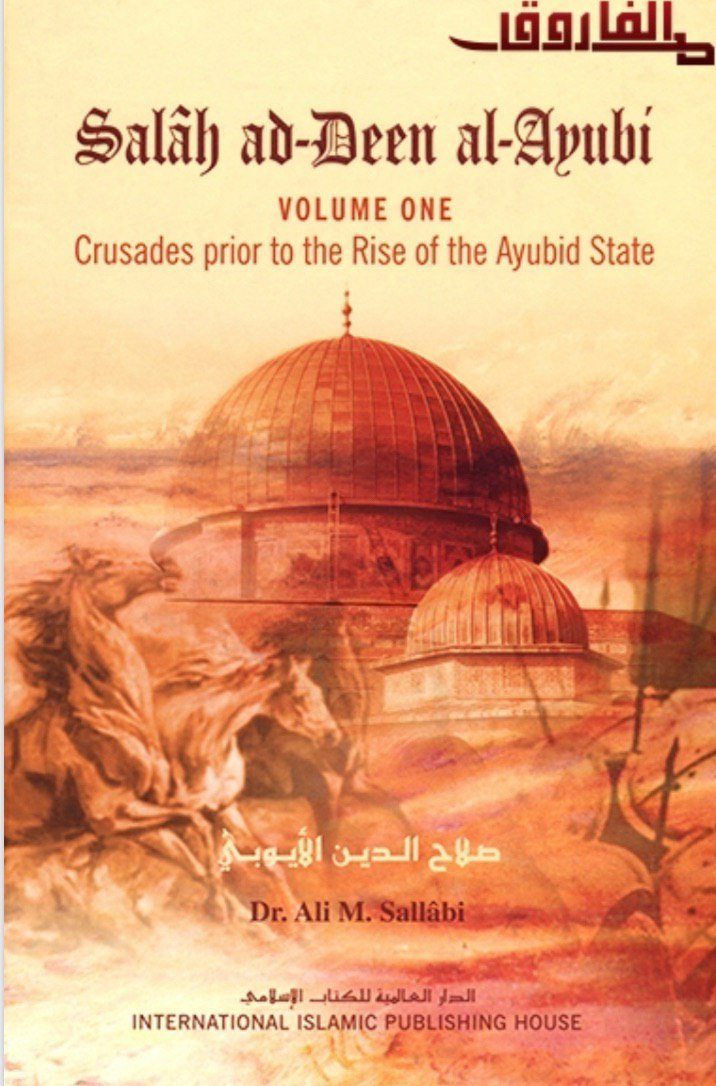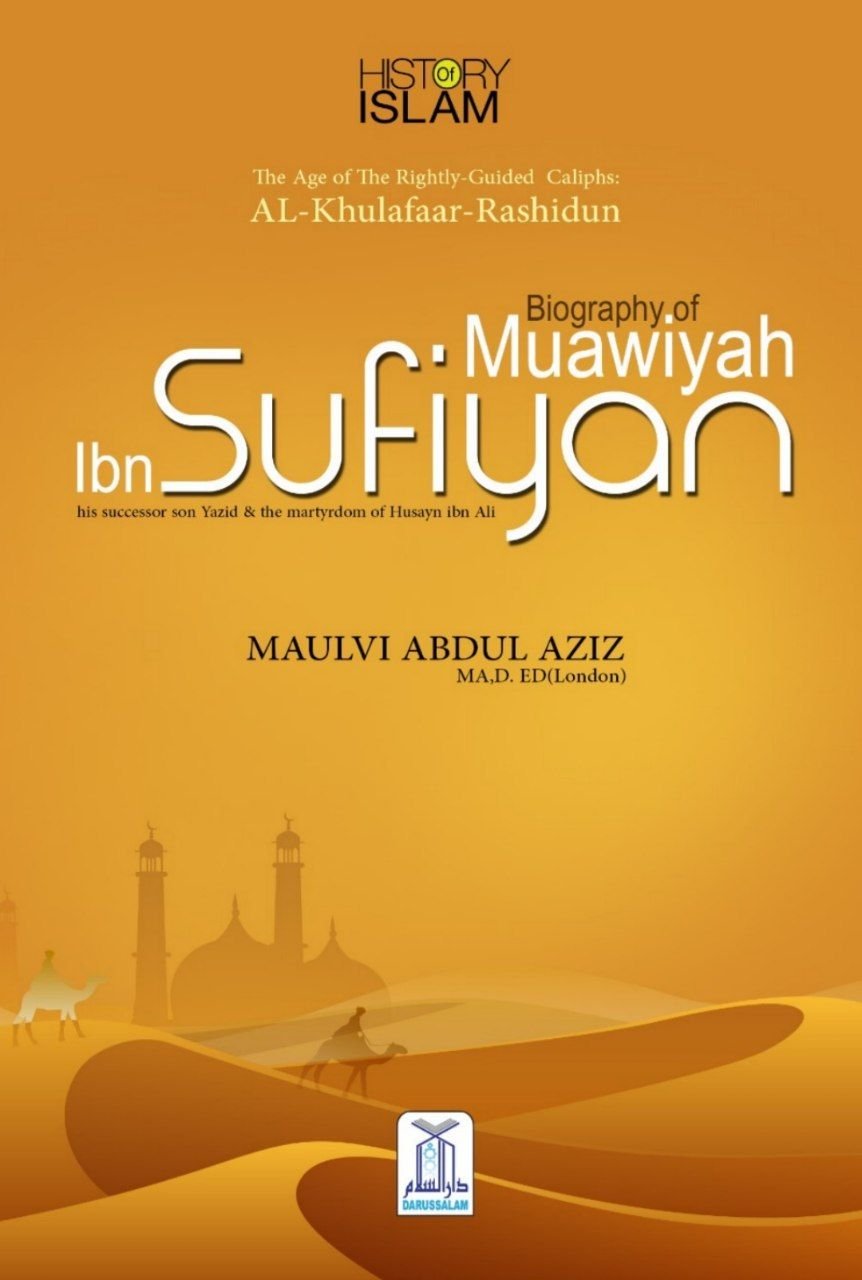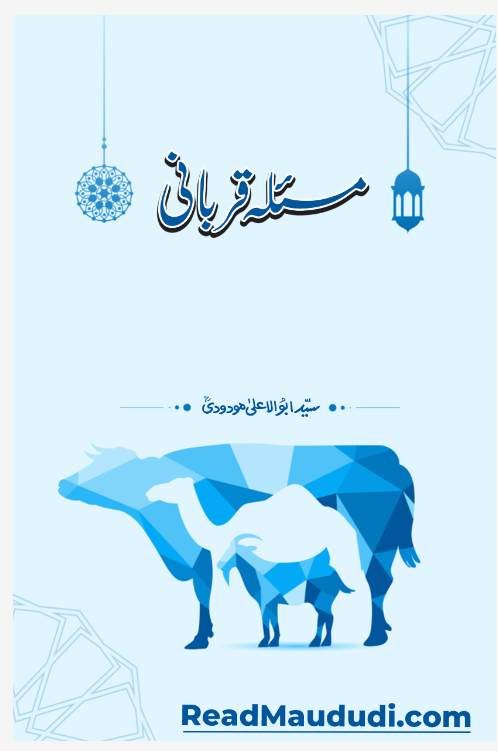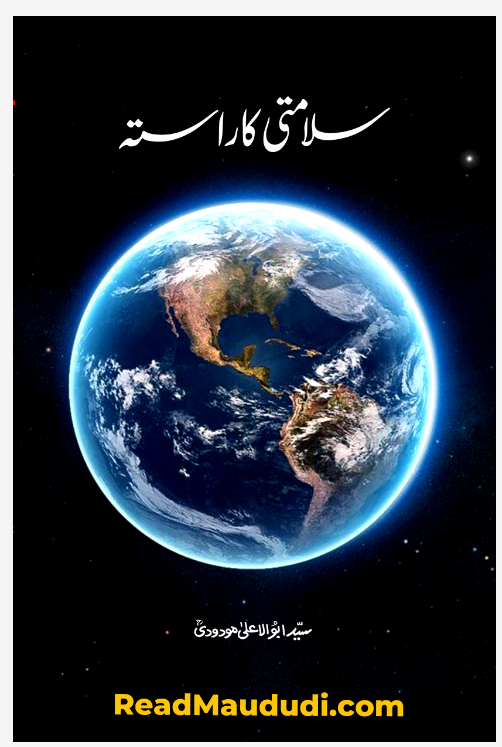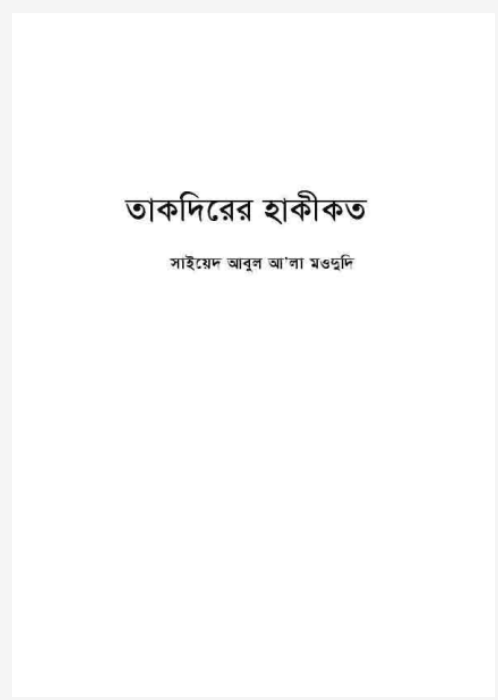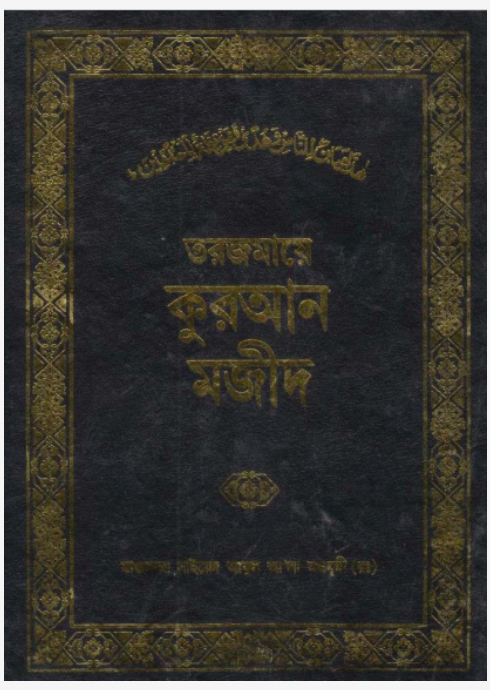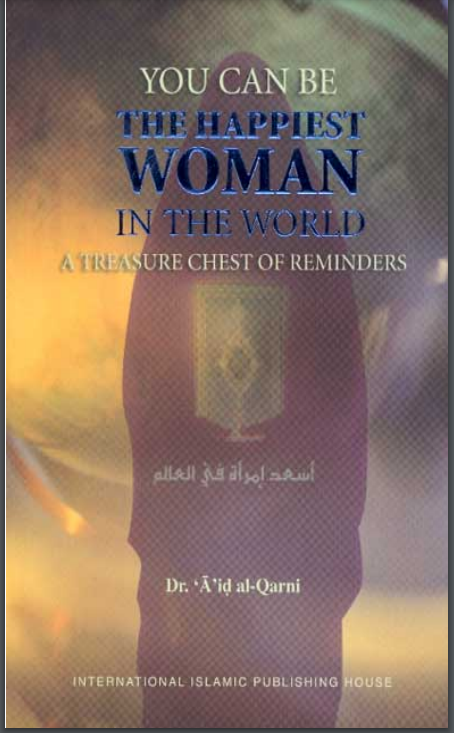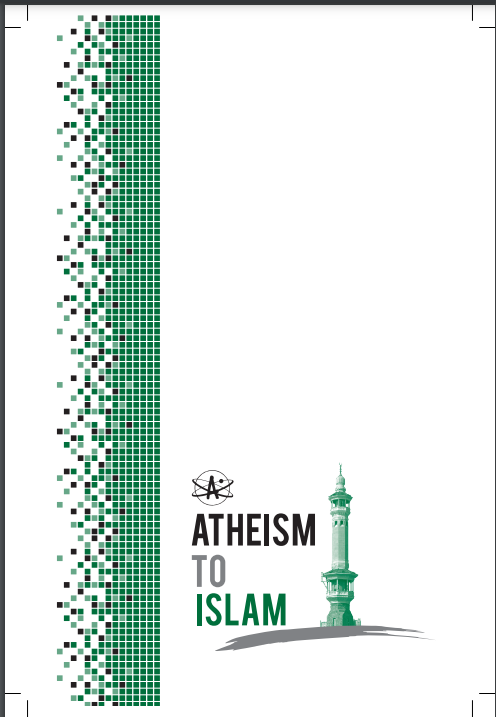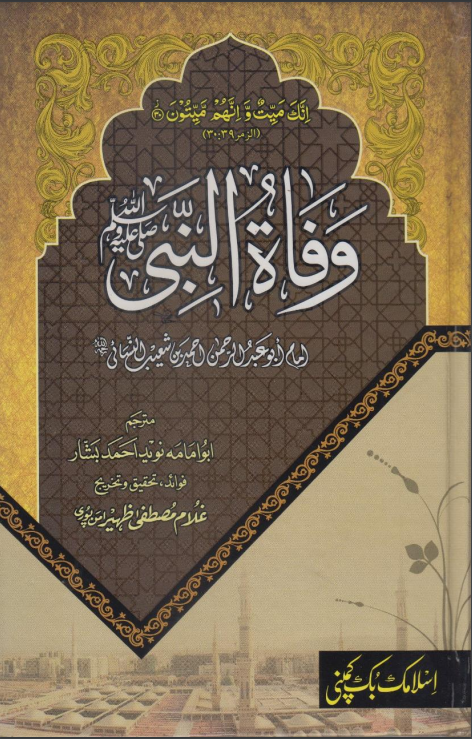

Embryology In The Quran by Hamza Tzortzis
Reviews
No review yet. Be the first to review this book!
Description
"Embryology in the Quran" by Hamza Tzortzis is an insightful exploration of the descriptions of human embryonic development found in the Quran and their relationship with modern scientific discoveries. Hamza Tzortzis, a well-known Islamic thinker and debater, delves into how the Quran provides remarkably detailed references to embryology, which were revealed over 1,400 years ago, long before the advent of modern medical science. The book or essay focuses on specific Quranic verses, such as: "We created man from an extract of clay. Then We made him a drop in a secure place. Then We made the drop into a clinging clot, and We made the clot into a lump (of flesh), and We made (from) the lump, bones, and We covered the bones with flesh; then We developed him into another creation. So blessed is Allah, the best of creators." (Surah Al-Mu’minun 23:12-14) Tzortzis examines how these descriptions align with modern embryology, particularly the stages of human development as outlined by scientists like Dr. Keith L. Moore, a renowned embryologist. He discusses how terms such as "alaqah" (a clinging substance, leech-like clot) and "mudghah" (a chewed-like lump of flesh) correspond with actual embryonic stages observed through microscopes in contemporary science. While presenting this analysis, the book also engages with academic and philosophical perspectives, addressing critiques and differing interpretations of these Quranic verses. Tzortzis explores whether the descriptions in the Quran were miraculously ahead of their time or if they could be explained through other means. His arguments often challenge naturalistic assumptions, emphasizing that the Quran’s insights on embryology are unique for a 7th-century text. Throughout the discussion, the author connects science with theology, philosophy, and spirituality, arguing that the Quran’s descriptions of human development provide evidence of divine knowledge. He also addresses counterarguments from skeptics and those who claim that ancient civilizations had similar knowledge of embryology. Overall, "Embryology in the Quran" by Hamza Tzortzis presents a compelling argument for the compatibility of Islamic revelation with modern scientific understanding. It serves as a thought-provoking resource for those interested in Quranic miracles, science in Islam, and the intersection of faith and reason.





























.jpg)





.jpeg)
.jpeg)
.jpg)
.jpg)













.jpg)
.jpg)











.jpg)


.jpeg)
.jpg)



.png)


.jpeg)







.jpeg)

.jpg)









